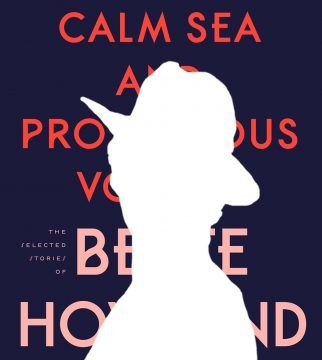Jenessa Abrams in Guernica:
 The obituary reads: Author, Protégée of Bellow’s. Two defining characteristics of a life. Equally weighted, side by side. Bette Howland has been known, when she was known, by her proximity to male greatness. Just as Sylvia Plath is rarely mentioned without the appendage of Ted Hughes, Howland’s name, and her writing, reach us within the context of her position as protégée, friend to, and occasional lover of Saul Bellow.
The obituary reads: Author, Protégée of Bellow’s. Two defining characteristics of a life. Equally weighted, side by side. Bette Howland has been known, when she was known, by her proximity to male greatness. Just as Sylvia Plath is rarely mentioned without the appendage of Ted Hughes, Howland’s name, and her writing, reach us within the context of her position as protégée, friend to, and occasional lover of Saul Bellow.
Howland’s life off the page mirrors Plath’s in that she, too contemplated suicide, making one documented attempt that resulted in her confinement in a psych ward. Both wrote semi-autobiographical work that confronted mental illness, challenged traditional conceptions of domesticity, and probed the underbelly of class difference. Unlike Plath, Howland lived, though she stopped publishing and her work all but disappeared from circulation. That is, until it was unearthed recently in a bargain bin.
In Calm Sea and Prosperous Voyage, the collected stories of Bette Howland, we encounter a writer questioning the meaning of existence, playfully knocking over a sacred jar and watching the contents slowly spill across the counter. The book opens with “A Visit,” a startlingly frank story about what happens when we die, which ultimately, in the span of four short pages, becomes a meditation on how it is we live.
More here.
